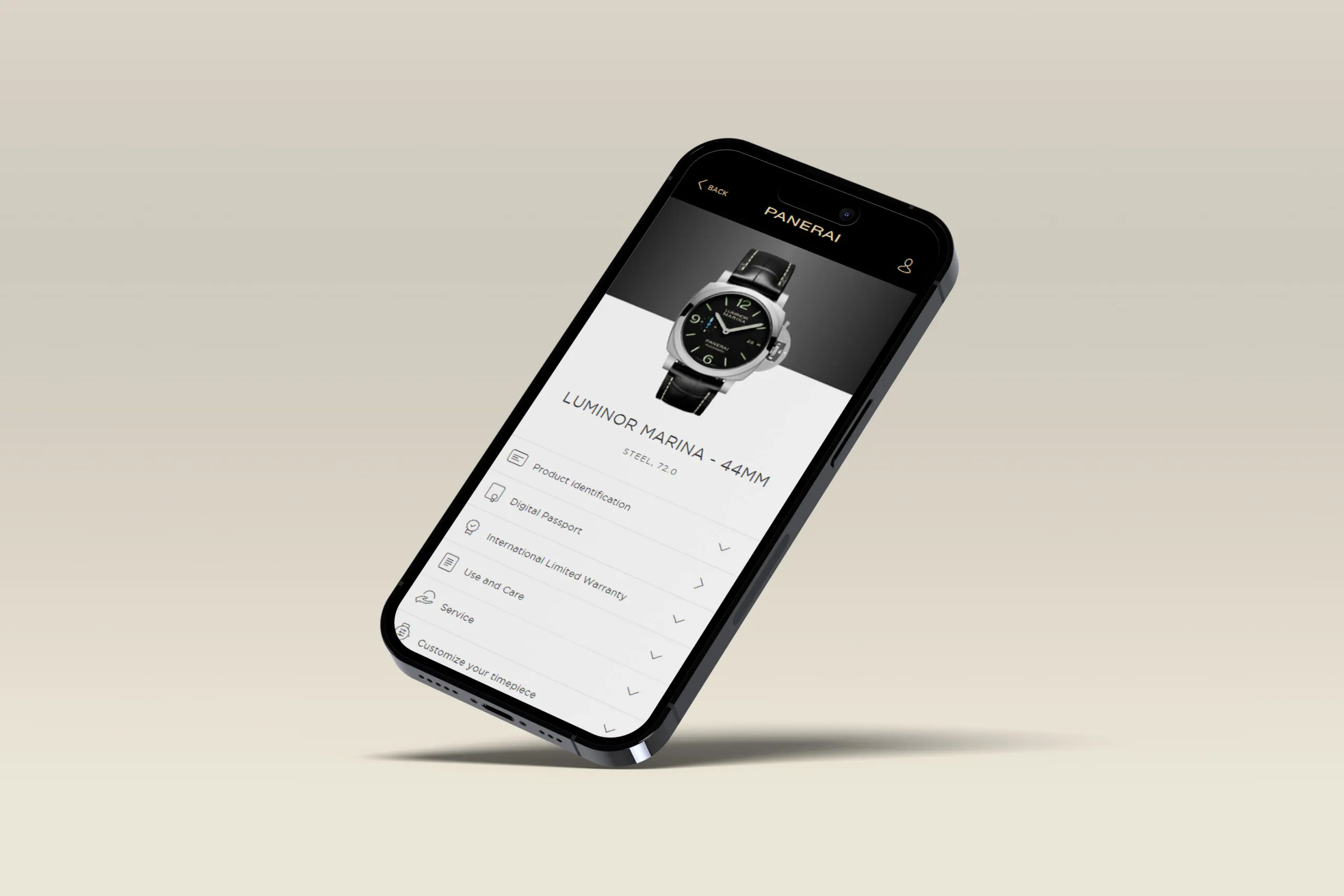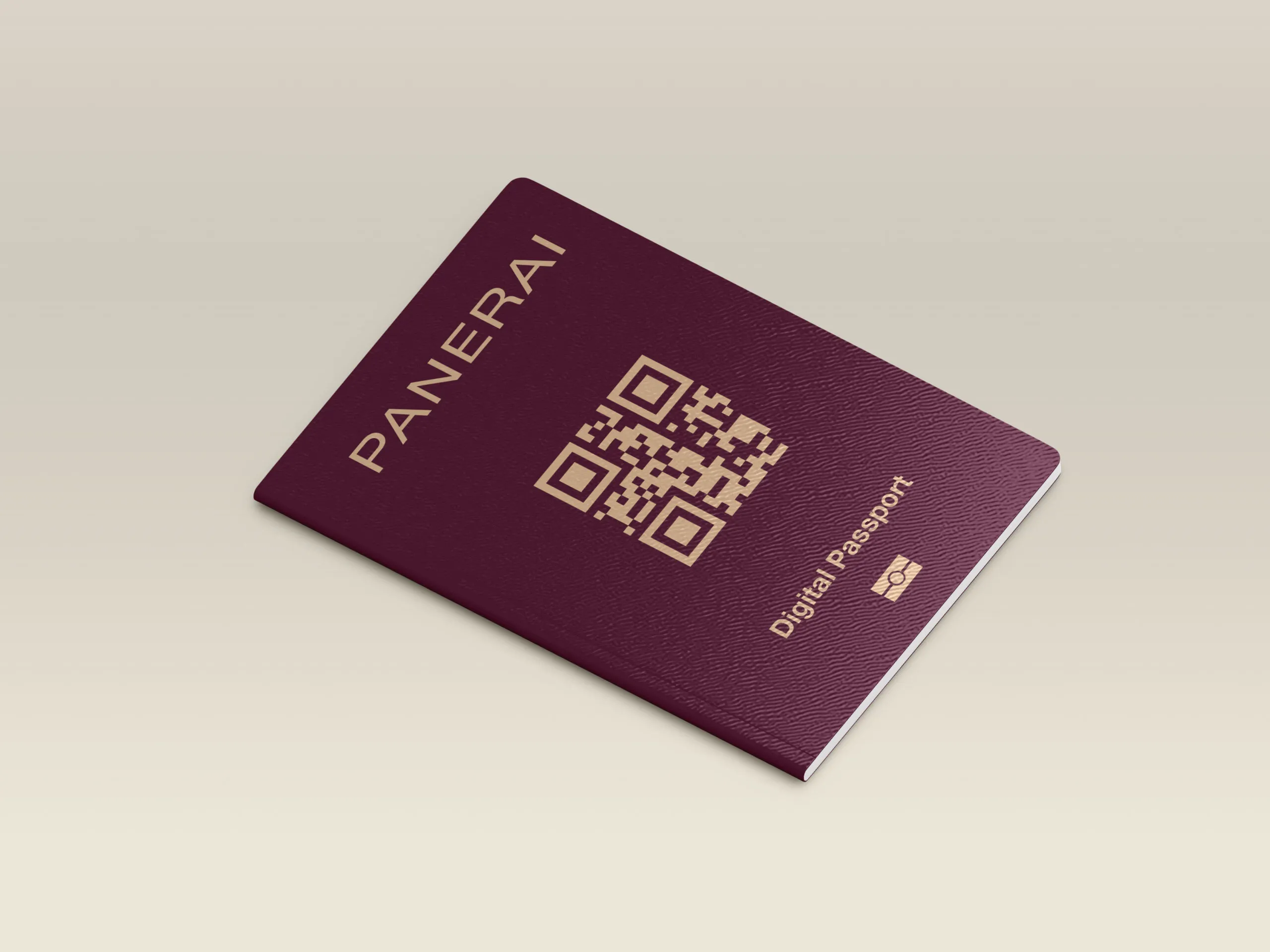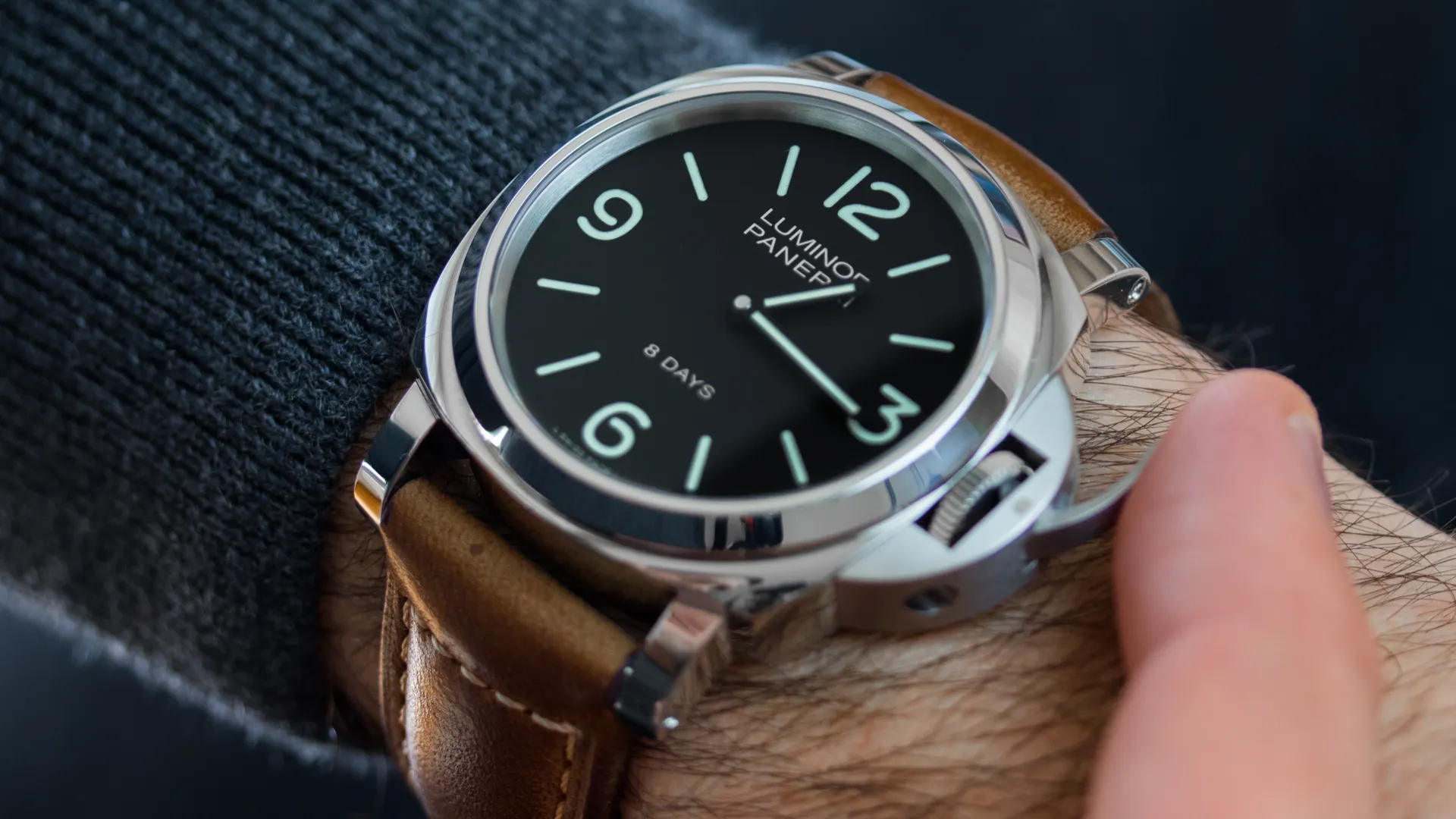Italian luxury watch brand Panerai announced Wednesday that it will include an NFT-based “digital passport” with all watches purchased from October 3, expanding an initiative that the firm began in 2022.
Each Panerai digital passport will contain comprehensive information about the timepiece in question, constituting its digital identity. Granted to the client at the time of purchase, it acts as proof of the watch’s authenticity.
The Richemont-owned brand partnered with Web3 solutions provider Arianee to introduce the blockchain-powered digital passport. Panerai will present the initiative at the Watches and Wonders fair in Shanghai next week.

Because the passport is transferable to the next holder and designed to document both technical details and the product’s journey throughout its lifespan, the record will also help address the issue of counterfeiting and give confidence to secondary market buyers that the watch is legitimate.
The secondary market for wristwatches is sizable, with Bloomberg reporting that just shy of $27 billion (25 million euros) worth of pre-owned timepieces were sold in 2022, per data from industry analysis firm LuxeConsult. The secondary market is projected to top primary watch sales by 2033.
Panerai’s NFT passport also lets holders extend their watch’s international limited warranty up to eight years—an additional incentive to register. The 163-year-old brand says that the functionality will pave the way for “further value-added services and advantages.”
Panerai first implemented the Arianee technology in March 2022 with an ultra-limited, 50-piece run of its Radiomir Eilean Experience Edition watch, sold with a one-of-a-kind NFT artwork and featuring exclusive, evolving content. While it also involved a digital passport, the focus was the artistic and experiential aspect.
Even then, Panerai stated plans to eventually expand the digital passport functionality to all of its watches. Now with the broader rollout, the emphasis—in line with the luxury industry’s current attitude to Web3—is on the utility.
“Committed to elevating the client experience, we continually adapt and innovate to align with the changing times,” Panerai CEO Jean Marc Pontroué, said in a statement. “We firmly believe that digital identities are poised to transform possession of valuable assets, enabling our clients to trace the lifecycle of their watches, prove authenticity, and benefit from bespoke services tailored to each timepiece.”

Owners can either claim their digital passport at time of purchase at Panerai boutiques, or by scanning a QR Code on its warranty card. According to Arianee co-founder and CEO Pierre-Nicolas Hurstel, the rollout “marks an important milestone in its journey towards an enhanced and trusted customer experience.”
Arianee has a long-standing relationship with the luxury watch industry, and partnered with watchmaker Breitling on digital IDs as early as 2020. It also works with a range of brands including L’Oreal, Moncler, and Lacoste.
Once registered, Panerai watch owners can access Pam.Guard, a digital platform developed for its client community where owners can tap into the passport’s benefits.
Hurstel told Decrypt that Pam.Guard can be described “as a client account with advanced features offering Panerai clients all the benefits of the internet of ownership within a secured and convenient digital environment.”
“Panerai clients will be able to do anything you can do with an NFT you own in your wallet but without any of the stress and complexity of crypto tools,” he continued. “When they create their Pam.Guard account, a wallet is generated on the fly for them; the digital passport becomes their digital property, exactly like when you mint an NFT.”
Users will be able to record events of the lifecycle of their products there—to prove that they are the owner both online and offline, and transfer it to a new owner in one click.
“The new owner will, in turn, be directly connected with the brand and will be able to enjoy all the benefits of the brand's services and universe; while the brand will, for the first time, have a chance to be in touch with them,” said Hurstel, who added that owners can also mark a watch as lost or stolen as needed.
The Richemont Group built out its own wallet infrastructure to support the NFT minting, Hurstel added, and made it compatible with Arianee’s own protocol. The end result, he said, is a simple and easily understandable interface without typical crypto complexities or the need to pay network gas fees.
“In short, users will have all the advantages of Web3 associated with their watch,” said Hurstel, “but hassle-free and on-brand.”
Editor's note: This story was updated after publication to clarify what technology Richemont built and which brands Arianee has worked with.




